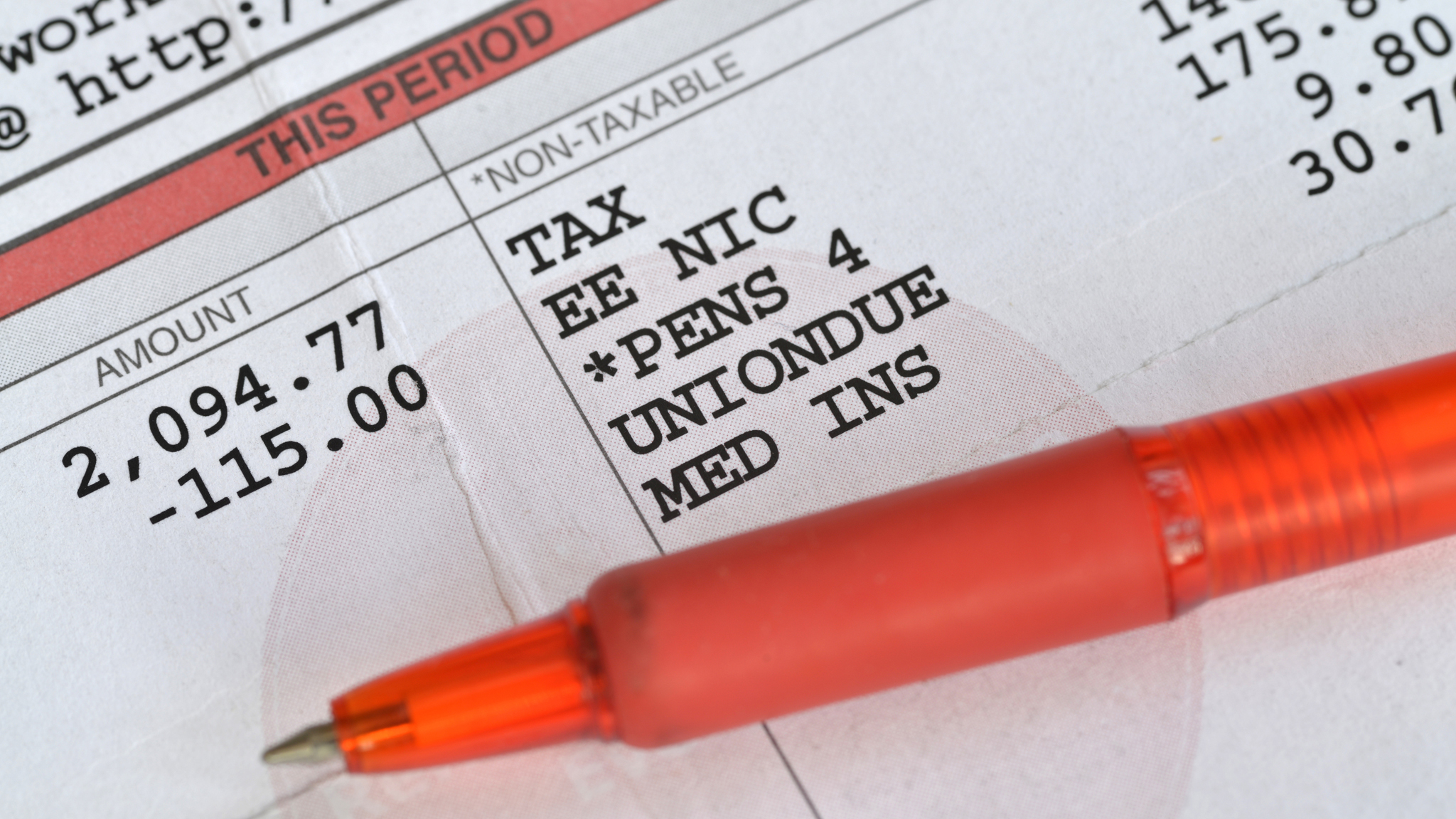Inheritance tax in the UK is the tax that one is liable to pay on any assets which a deceased person has passed on to a legal heir or inheritor. These assets could include property, money, investments, vehicles, payouts from life insurance policies, and any other possessions.
When a person dies, the government estimates the value of the estate of the deceased person. The estate includes the various types of assets mentioned above. From this cumulative value, all debts are subtracted. What is left is the net value of the estate. It is one of the most hated taxes and many people get trapped. If you want to know how to avoid UK inheritance tax click here.
The idea behind the inheritance tax
 Inheritance tax is somewhat of a political issue. Proponents of this tax believe that it helps re-distribute wealth. Without inheritance tax, the rich will keep getting richer because wealth will repeatedly get inherited in perpetuity. Inheritance tax goes to the state which then re-distributes it for the benefit of all the citizens of the country.
Inheritance tax is somewhat of a political issue. Proponents of this tax believe that it helps re-distribute wealth. Without inheritance tax, the rich will keep getting richer because wealth will repeatedly get inherited in perpetuity. Inheritance tax goes to the state which then re-distributes it for the benefit of all the citizens of the country.
Is inheritance tax a tax too far?
Opponents of inheritance tax make the counterpoint that the income which an estate’s assets generate already gets taxed. The estate owner pays income tax on all incomes as soon as they get created. So, inheritance tax is like double taxation and hence redundant.
The house owning trap for many
Rising home prices add another dimension to the political debate surrounding the inheritance tax. As home prices rise, more and more people end up with estate values well over the exemption threshold limits. Thus, there is building pressure on government leaders to raise the threshold limits as well in order to reflect the changing real estate prices.
Inheritance tax rates

The tax code says that inheritance tax is not levied on net estate value of £325,000. So, everything above that threshold is taxed. The rate of inheritance tax is 40%.
So, if your net estate value works out to £525,000, then you need to pay tax on £200,000 at the rate of 40%. That works out to £80,000.
Ways to avoid UK inheritance tax
The inheritance tax rate can be reduced by leaving a certain portion of the estate to charity. If the deceased person leaves 10% of his/her estate to charity, recorded through a will, then the inheritance tax drops to 36%.
The inheritance tax rate can also be reduced if any assets of the estate are given away as gifts. When the owner of the estate gives away some assets as a gift while he/she is still alive, the inheritance that becomes payable upon the death of the gift giver may receive some form of taper relief and the inheritance tax rate may drop below 40% as a result.
For example, a gift given three years before death attracts a 40% tax rate, but a gift given four to five years before death attracts only a 24% tax rate and so on. The amount of taper relief totally depends on when the gift was made during the lifetime of the estate owner.
Exemptions from inheritance tax
Besides the £325,000 limit for inheritance tax exemption, there are some other exemptions worth noting. If couples leave behind a home, the threshold for inheritance tax exemption rises to two times the single person threshold. The threshold for couples is, therefore, £650,000.
There is also a new rule in the offing whereby the duty on homes passed on by parents or grandparents will be scrapped by April 2020 for home values up to £1 million. The exemption for duty will be £500,000 for singles and £1 million for couples who pass on homes to their children or grandchildren.
This £500,000 exemption works out as follows:
You get the basic exemption of £325,000 per person as outlined above (or £650,000 per couple).
The Nil Rate Band Explained
Next, there is something known as the main residence nil rate band, which is a top-up over the £325,000 basic limit. This top-up allowance is valid only on the main residence of the estate owner where the main home is transferred to direct descendants such as children, step-children, or grandchildren.
This additional allowance is £150,000 slated to go up to £175,000 in the year 2020. So, £325,000 plus £175,000 equals £500,000. You would simply double all the number if a couple were to transfer their main home, giving you a total exemption of £1 million.
Homes worth values between £1 million and £2 million will pay the normal inheritance tax rate on amounts above the exemption limits. Homes above £2 million have somewhat complicated rules regarding inheritance tax.
The tax code says that homes of £2 million and above will lose £1 of the main residence allowance for every £2 above the £2 million mark. Essentially, one would lose the complete £175,000 additional allowance for a home that is valued at £2,350,000.
Transferring is an option for exemptions
There are exemptions for inheritance tax on estate transfers to a spouse, civil partner, charity, or a community amateur sports club. In case of assets left to a spouse or a registered civil partner, they need to be living in the UK in order to avail the exemption.
One thing that you must keep in mind is that even if the value of the estate is below the £325,000 exemption limit, you would still have to report the estate to the HM Revenue and Customs (HMRC).
There is also a useful provision whereby if your threshold of £325,000 isn’t breached, then you can add any unused threshold to your partner’s threshold when you die. So, your partner can then have a higher threshold for inheritance tax exemption.
Assets of a business such as shares can get partial or full exemption from inheritance tax under Business Relief. Assets should be passed on to the beneficiaries when the owner of the business is alive and the transfer of such assets is part of a will.
Lastly, inheritance tax is exempt in cases where the estate owner loses his/her life while on active duty for institutions like the armed forces, police forces, fire department, paramedical bodies, or humanitarian aid organizations.
So who actually pays inheritance tax?
 If you are worried that you may face a massive tax bill suddenly after the death of a close family member, then you need to relax because there are certain procedures that the HM Revenue and Customs has regarding inheritance tax.
If you are worried that you may face a massive tax bill suddenly after the death of a close family member, then you need to relax because there are certain procedures that the HM Revenue and Customs has regarding inheritance tax.
Firstly, funds from the estate being transferred are used to pay inheritance tax. You normally won’t have to pay tens and hundreds of thousands of dollars from your pocket.
The person dealing with the estate (normally the executor of the will of the deceased person) will handle the raising of funds from the estate for the purpose of inheritance tax payment.
Some more clarifications regarding inheritance tax
If one partner passes away a few years before the other, and if the exemption limits when the first partner passed away were different than today’s limit, then which limit will apply?
The answer is to look at what percentage of the previous limit was used up when assets of the first partner were transferred. For example, let us assume that the tax-free limit when the first partner passed away was £200,000 and that 50% of the limit was used.
Now, the tax-free limit is £475,000 (as explained above). So, the remaining (unused) 50% of the NEW limit i.e. £475,000 is the additional top-up allowance that is applicable when the second partner passes away. So, the second partner gets his/her £475,000 limit PLUS an additional £237,500.
Does a gift, given long before dying, attract inheritance tax?
The “long before” is absolutely critical in answering this question. If you gift something (even money), then it is considered as part of your estate. If you die within seven years of making that gift, then that portion will attract inheritance tax.
However, if you live beyond seven years after making a gift, then the rules change. You would have to consult a tax specialist on this topic for correct and up-to-date information.
You can also save taxes on gifts by making gifts every year starting now. A person is allowed to make up to £3,000 of capital tax-free. If you can do that for 30 years, you reach £90,000. It will bring down the amount of gift that needs to be given away during the last years of the lifetime which, in turn, will bring down the taxable inheritance amount.
